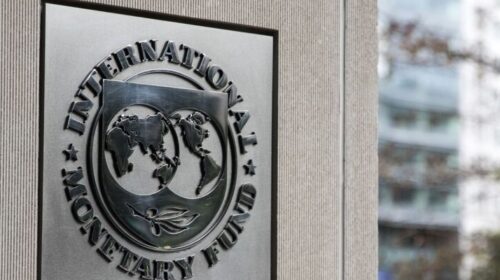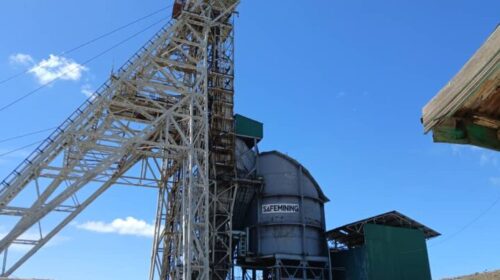Unleashing Africa’s Resource Potential
According to a recent World Bank report titled “Africa’s Resource Future,” released on Friday 12th May, African countries are currently capturing only about 40 percent of the revenue they could potentially derive from their abundant natural resources. This situation is exacerbated by slow economic growth and high levels of debt.
However, by adopting a better policy mix, implementing reforms, improving tax administration, and promoting good governance, these nations have the potential to more than double their revenues from minerals, oil, and gas.
Full taxation of natural resources is crucial not only to ensure that the environmental and social costs, often inadequately covered by producers, are accounted for but also to avoid implicit production subsidies that can lead to increased carbon emissions.
By fully embracing their resource wealth, sub-Saharan African governments can seize the opportunity to finance public programs, diversify their economies, and enhance energy accessibility, as reported by the Further Africa portal.
As the world undergoes an energy transition and witnesses a surge in demand for metals and minerals required for green technologies such as wind turbines, solar panels, and batteries, Africa, with its abundant reserves of cobalt, lithium, copper, nickel, and rare earth elements (REE), stands poised to make optimal use of its resources. However, history has shown that resource abundance does not automatically translate into inclusive growth and prosperity.
Minerals, oil, and gas account for a significant portion of sub-Saharan African countries’ exports, yet they have struggled to translate this wealth into sustainable development. Reliance on global commodity prices has often resulted in suboptimal resource management and hindered effective utilization of public resources.
Furthermore, resource-rich countries have displayed less resilience to economic shocks compared to their resource-poor counterparts, reinforcing the risks associated with the resource curse. In some cases, slower economic growth in these countries has also hampered progress in poverty reduction efforts.
To transform the resource curse into a resource opportunity, the report “Africa’s Resource Future” offers practical recommendations to policymakers.
In addition to capturing the full value of resource rents by attracting private sector investment, governments must invest these revenues in productive capital. This includes allocating resources to improve healthcare and education systems, as well as developing infrastructure that can support diversified and resilient economies.
The report emphasizes the opportunities presented by the African Continental Free Trade Area (CFTA) agreement, which aims to gradually eliminate 90 percent of tariffs over the next five to ten years.
Leveraging regional integration and harmonizing mining taxes and royalties across the region would contribute significantly to maximizing the economic benefits of Africa’s natural resources. Such efforts are essential for ensuring a just transition within Africa and worldwide, enabling equitable exploitation of the region’s economic potential.
Central to this transition is good governance and sound macro-budgetary management of resource revenues. Simultaneously, preparing for a low-carbon future must be at the forefront, emphasizing the vital role these factors play in Africa’s economic transformation and sustainable development.
By adopting these recommendations and capitalizing on their resource potential, African countries can break free from the shackles of the past and forge a prosperous future driven by inclusive growth, sustainable development, and equitable distribution of wealth.
81 total views , 1 views today





